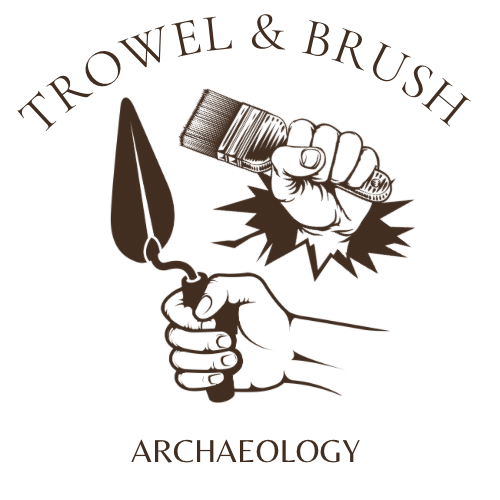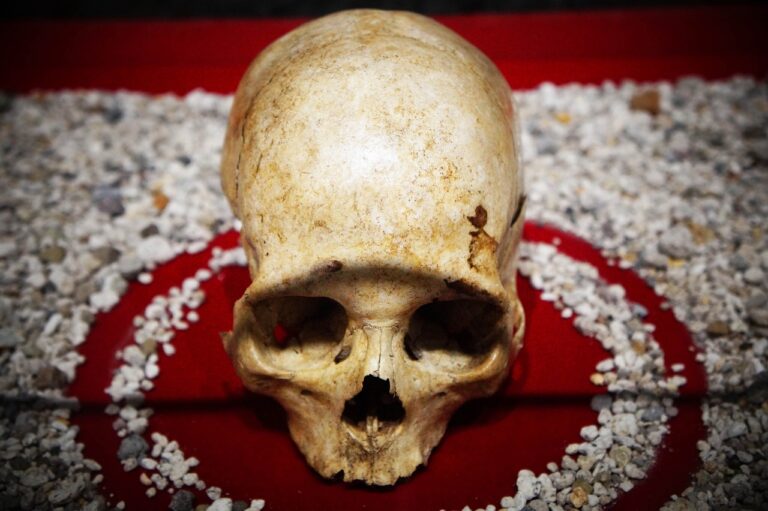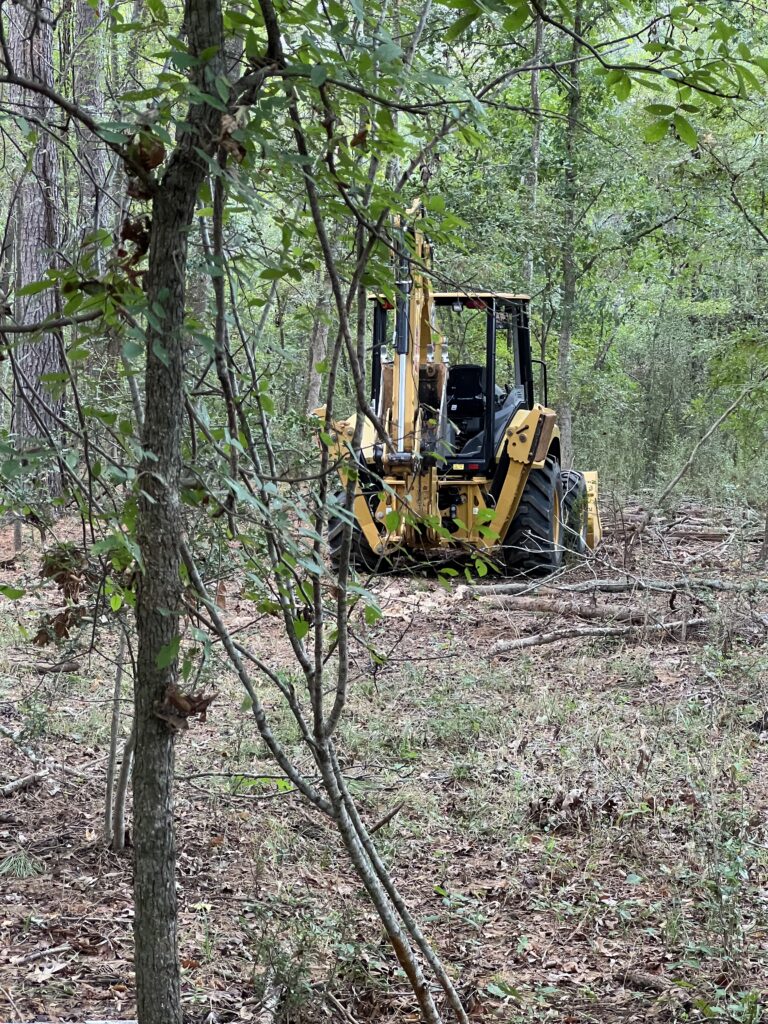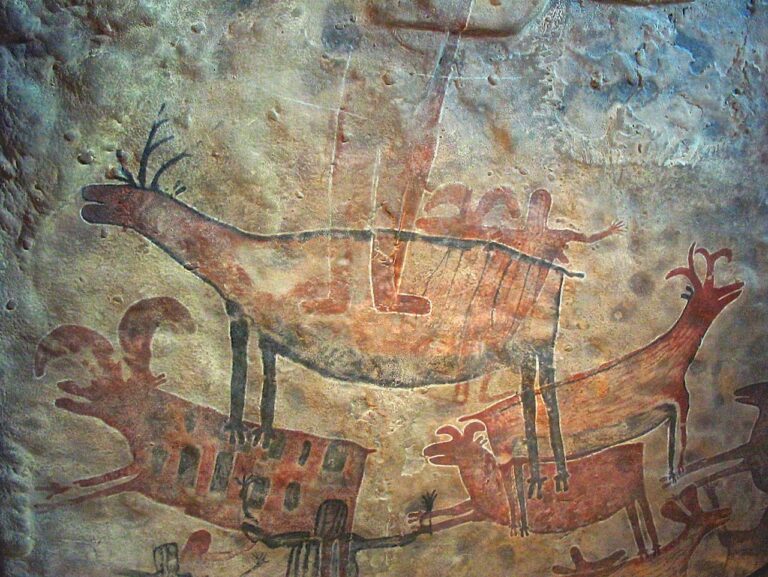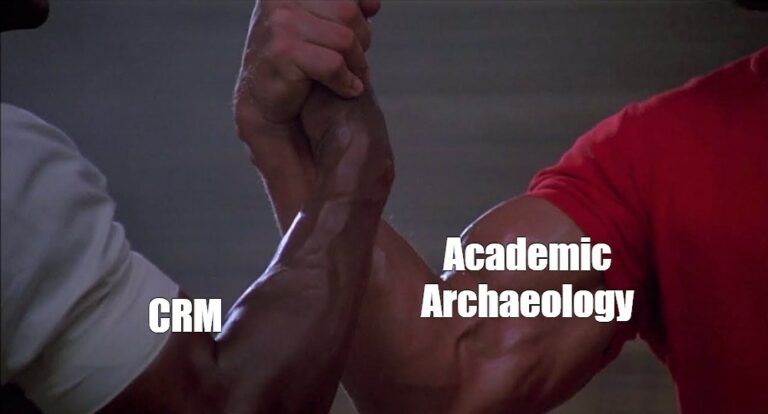The Disciplines of Archaeology

When we think of archaeology, images of adventurous excavations often come to mind. However, the field of archaeology is much more expansive than just digging.
From underwater expeditions to analyzing ancient texts, archaeologists employ a wide range of methods and techniques to uncover our past.
In this article, we will delve into the disciplines of archaeology and explore the different fields within it, highlighting that digging is just one aspect of this captivating discipline.
Exploring the Realms of Archaeology: Beyond the Digging
Archaeology is a multidimensional field that goes beyond just digging. From classical archaeology to underwater exploration, different specializations within archaeology employ various methods to uncover the past.
Disciplines of Archaeology:
Classical Archaeology: Unearthing the Ancient World

Classical archaeology is a field dedicated to studying the civilizations of ancient Greece and Rome.
While excavation is an integral part of classical archaeology, it is not the sole focus. Archaeologists in this field also analyze artifacts, such as pottery, statues, and inscriptions, to gain insights into the lives, cultures, and beliefs of these ancient societies.
By carefully examining these objects, researchers can piece together narratives of the past. In addition, classical archaeologists often work in collaboration with historians and anthropologists to reconstruct the past through a multidisciplinary approach, drawing from written records, architectural remains, and artistic representations.
Taking Latin in high school doesn’t seem so silly now, does it?
Underwater Archaeology: Exploring Sunken Secrets
Not all archaeological sites are buried on land; some lie hidden beneath the depths of our oceans, lakes, and rivers.
Underwater archaeologists employ specialized techniques, such as diving, remote sensing, and submersibles, to explore submerged sites.
By investigating shipwrecks, submerged cities, and ancient coastal settlements, these archaeologists shed light on maritime history, trade routes, and the impact of human activity on aquatic environments.
Through careful excavation and preservation, underwater archaeologists piece together stories from the depths of the past, revealing forgotten civilizations and unlocking valuable knowledge about seafaring cultures.
Historical Archaeology: Illuminating Recent Times
While ancient civilizations hold immense fascination, archaeology also investigates more recent periods.
Historical archaeology focuses on the study of societies from the advent of written records until the present day.
This field often involves examining urban areas, industrial sites, and colonial settlements. Archaeologists working in this domain combine traditional excavation techniques with archival research, oral histories, and material analysis to reconstruct the everyday lives of people who lived in the not-so-distant past.
By unearthing objects and structures from recent history, historical archaeology contributes to our understanding of cultural, social, and economic developments, offering insights into the evolution of modern societies.
Bioarchaeology: Unraveling Human Stories
Bioarchaeology involves the study of human remains to gain insights into ancient populations, their health, diets, diseases, and even their cultural practices.
By analyzing skeletal and dental remains, bioarchaeologists reconstruct past populations’ demographic profiles, patterns of migration, and overall health. This field also explores the cultural aspects of human existence through the study of burial practices, grave goods, and rituals associated with death.
Bioarchaeologists employ various scientific techniques, such as DNA analysis, isotopic analysis, and osteological examinations, to uncover the stories of individuals from the past, shedding light on their lives, social structures, and interactions.
Experimental Archaeology: Learning from the Past

Experimental archaeology bridges the gap between theory and practice by reconstructing and replicating ancient techniques, technologies, and processes.
This field allows archaeologists to gain practical insights into how tools were made, how ancient structures were built, or how ancient crafts and arts were practiced.
By conducting experiments and engaging in hands-on activities, experimental archaeologists can validate or challenge existing theories, enabling a deeper understanding of ancient practices and their cultural significance.
This approach helps archaeologists to reconstruct the past by “doing” and allows them to learn from the experiences of our ancestors.
Conclusion
Archaeology is a captivating field that extends far beyond the notion of digging. While excavation is undoubtedly an essential aspect, it is just one piece of the puzzle.
From classical archaeology to underwater exploration, and from studying human remains to experimental reconstructions, the different fields within archaeology offer a diverse range of approaches to understanding our shared human past.
By combining various methods and collaborating with experts from different disciplines, archaeologists continue to unearth the rich tapestry of human history, one fascinating discovery at a time.
If you want to learn more about what an archaeologist is, check out our other post about them here: https://trowelandbrush.com/what-is-an-archaeologist/
